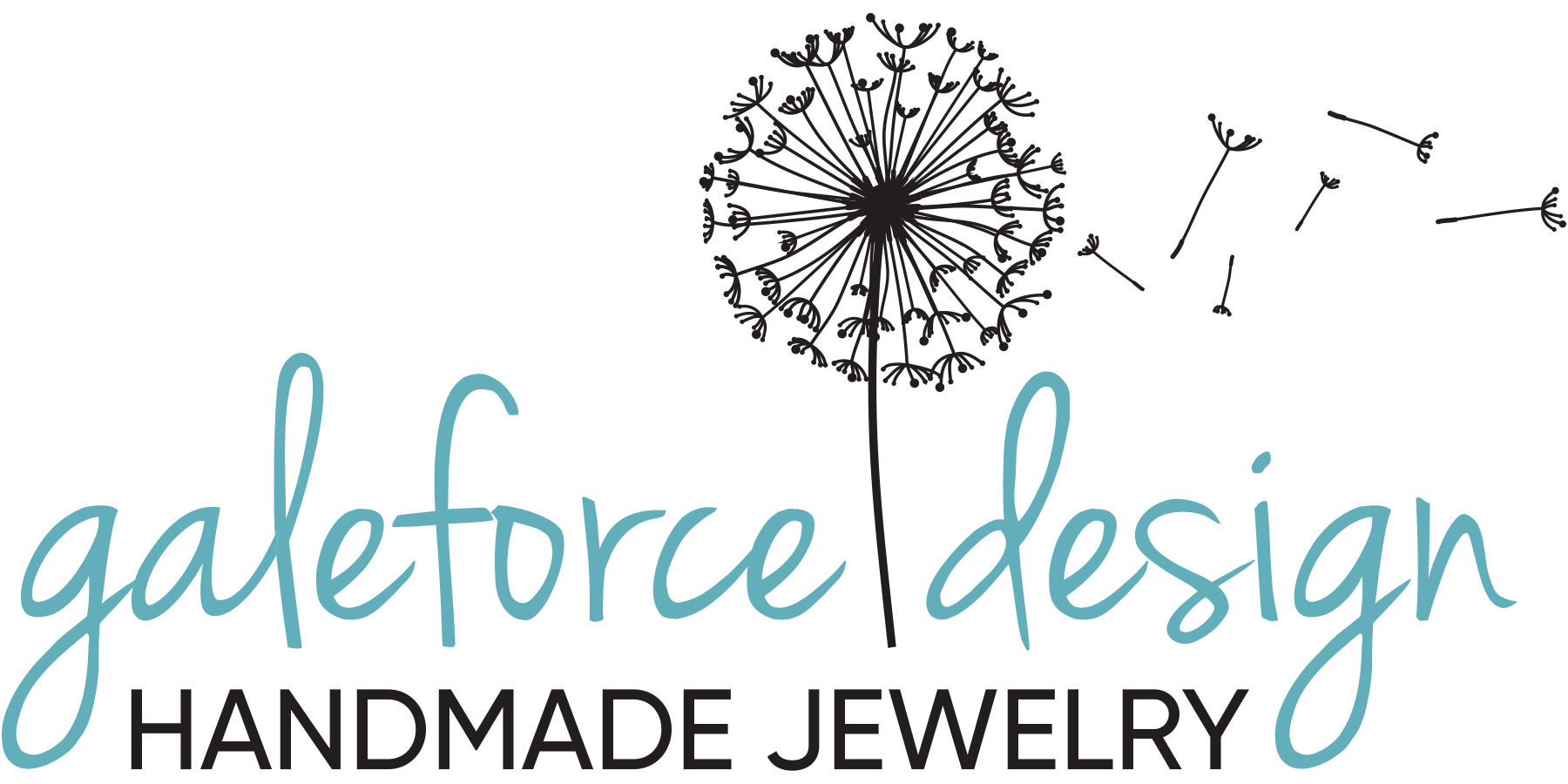
Copper, often admired for its rich reddish-brown hue and versatile use in decor, cookware, and even jewelry, boasts an array of health benefits that might just surprise you. While it’s not a nutrient we need in large amounts, its role in maintaining good health is significant. Let’s dive into some of the lesser-known advantages of copper, backed by research.
Immune System Support
Copper plays a crucial role in the functioning of our immune system. It assists in the production of white blood cells, which are essential for fighting off infections. A study published in the journal “Advances in Experimental Medicine and Biology” highlighted the connection between copper deficiency and a compromised immune response.
Brain Health and Development
Copper is involved in the synthesis of neurotransmitters, the chemicals that transmit signals within the brain. It contributes to the proper development of the nervous system, potentially aiding cognitive function. Research in the journal “Frontiers in Aging Neuroscience” suggests a link between copper intake and enhanced brain health.
Iron Absorption
Copper helps our body absorb and utilize iron effectively. Iron is crucial for oxygen transport, and copper ensures that iron is properly incorporated into red blood cells. A review in the journal “Biological Trace Element Research” emphasized copper’s role in preventing iron deficiency anemia.
Antioxidant Defense
As an essential component of antioxidant enzymes, copper helps neutralize harmful free radicals in the body. This can contribute to reducing the risk of chronic diseases and slowing down the aging process. The “Journal of Biological Inorganic Chemistry” featured research supporting copper’s antioxidative properties.
Connective Tissue Formation
Copper aids in the synthesis of collagen, a protein crucial for maintaining healthy skin, joints, and blood vessels. Studies, such as one in the “Annals of Nutrition and Metabolism,” underline copper’s involvement in connective tissue formation and overall structural integrity.
Heart Health
Emerging research suggests a potential link between copper intake and cardiovascular health. Copper assists in the formation of connective tissue in the heart and blood vessels. A study in the journal “Nutrients” explored copper’s role in maintaining heart function.
Benefits of Wearing Copper
Beyond its internal advantages, copper also offers potential benefits when worn close to the body. Some proponents believe that copper jewelry, such as bracelets and rings, could provide benefits like improved circulation and reduced joint discomfort. However, scientific evidence for these claims is limited and mixed.
While many people report positive experiences, it’s important to approach these claims with a critical mind. If you decide to explore copper jewelry’s potential benefits, remember that individual responses can vary. And as always, consult with a healthcare professional if you have underlying health conditions or concerns.
Incorporating small amounts of copper-rich foods into your diet and exploring the idea of wearing copper jewelry could contribute to your overall well-being. From immune support to brain health, this unassuming mineral, both internally and externally, plays a remarkable role in keeping our bodies in balance. However, always prioritize well-founded medical advice for your health decisions.

